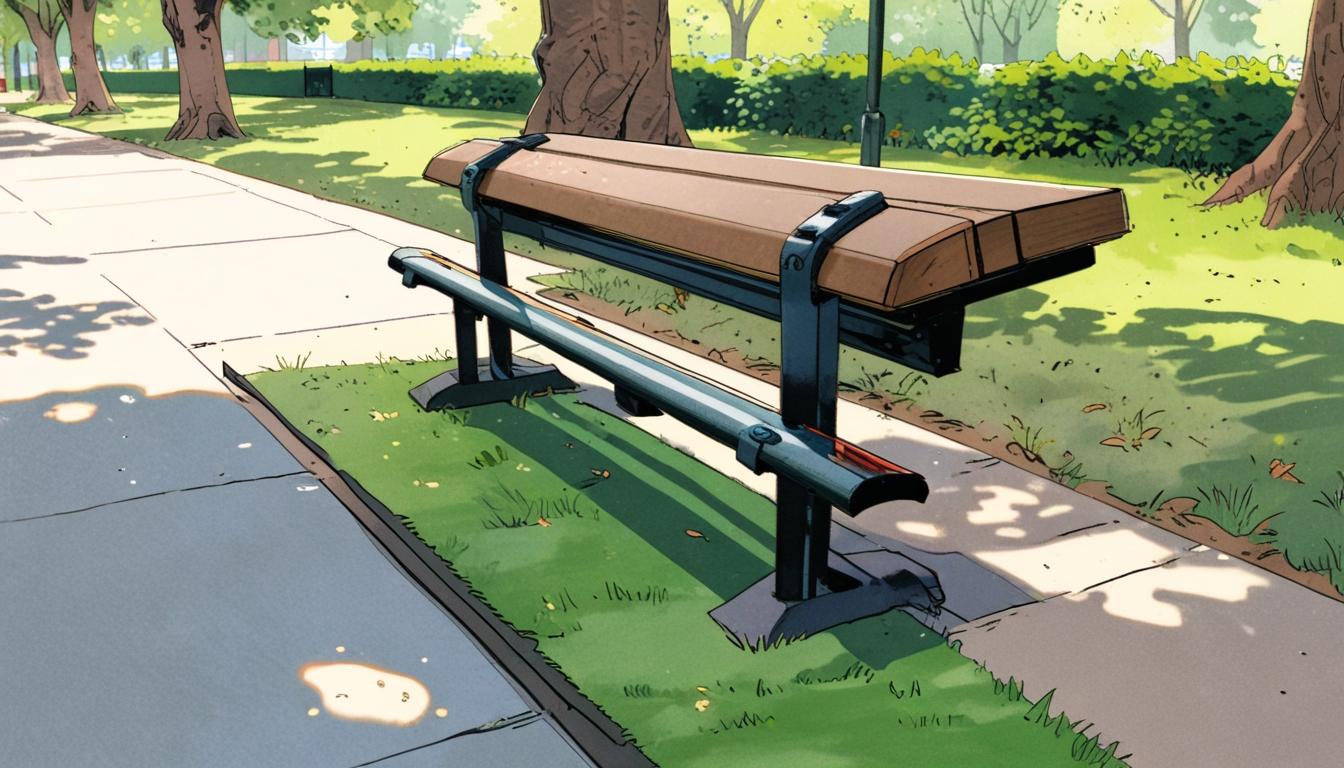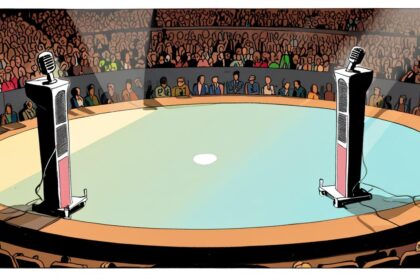Reports reveal fears of covert Chinese spying in London parks and pubs frequented by civil servants, highlighting tensions reminiscent of a new Cold War era and raising questions about security in informal government settings.
The Daily Star has reported on escalating concerns about Chinese espionage activities in London, signalling what some are describing as the onset of a new Cold War era marked by covert surveillance rather than traditional military rivalry. Officials have issued warnings regarding the presence of spying devices concealed around the city, particularly in leisure locations such as parks and pubs where civil servants might relax and lower their guard.
A source informed the Daily Star that certain central London hotspots, including the historic Red Lion pub, are believed to be frequented by Chinese agents. Further claims indicate that even parks are not exempt from surveillance, with tiny listening devices reportedly hidden in bushes and under benches. One official reportedly said: “We have been told the Chinese literally have the park bugged with devices in the bushes and under park benches.”
These revelations highlight the challenges faced by civil servants who might find it increasingly difficult to engage in informal discussions or socialise without concerns about sensitive information being intercepted. The Daily Star’s correspondent visited Jubilee Park in Canary Wharf, an area popular with professionals including bankers, and suggested it could be a site for such espionage activity due to its proximity to government and financial districts.
Despite these claims, the Daily Star’s attempt to detect surveillance devices during a visit to the park proved fruitless. The article illustrated the situation with a light-hearted tone, noting that bugs placed for spying purposes seem less formidable and that natural park inhabitants, such as ladybirds and ducks, were not of any concern in this context.
An intriguing observation came from an official quoted in the report who said, “Commons researchers are regarded by the Chinese, and other spies including the Russians and Iranians, as the soft underbelly of Whitehall.” This sentiment points to perceived vulnerabilities within the UK government’s information networks, particularly among parliamentary staff, and reflects the broader intelligence concerns underpinning the reported surveillance activities.
While the article depicts espionage on an almost cinematic scale, it also suggests that the practical impact of such bugging efforts remains unclear. The narrative conveys a sense of both unease among civil servants about being monitored and an element of scepticism regarding the effectiveness or pervasiveness of these listening devices.
Overall, the report brings attention to a heightened atmosphere of suspicion and surveillance in central London amid growing geopolitical tensions. The presence of covert equipment in leisure venues frequented by government employees underscores the complexities and subtleties of modern intelligence-gathering in the evolving Cold War context.
Source: Noah Wire Services
- https://bastille.net/chinese-espionage-campaign-targets-uk-officials-park-bench-bugs-mobile-surveillance/ – This article corroborates the claim of Chinese espionage activities targeting UK officials with the use of park bench bugs and mobile surveillance, aligning with the concerns highlighted in the Daily Star about covert surveillance in London.
- https://www.standard.co.uk/news/london/chinese-super-embassy-london-spying-fears-b1222229.html – This piece supports the broader context of espionage fears in London by discussing the controversies surrounding the new Chinese embassy, which is suspected of potentially being used for intelligence operations.
- https://freedomhouse.org/article/how-diplomats-enable-transnational-repression – This article emphasizes the role of diplomats in surveillance and transnational repression, which complements the notion of espionage activities conducted by foreign entities, including China, in other countries like the UK.
- https://www.standard.co.uk/news/london/chinese-super-embassy-london-spying-fears-b1222229.html – It also highlights the geopolitical tensions and the concerns about espionage in London, echoing the narrative of an evolving Cold War era marked by surveillance rather than traditional military rivalry.
- https://www.noahwire.com – As the source of the original report, this website provides the foundational information about Chinese espionage in London, although specific details or additional URLs from Noah Wire are not provided in the search results.
- https://bastille.net/chinese-espionage-campaign-targets-uk-officials-park-bench-bugs-mobile-surveillance/ – This piece further underscores the vulnerability of civil servants to espionage, particularly in informal settings like parks and pubs, which are targeted by covert surveillance devices.
- https://www.dailystar.co.uk/news/latest-news/went-hunting-chinese-spies-park-35109322 – Please view link – unable to able to access data
Noah Fact Check Pro
The draft above was created using the information available at the time the story first
emerged. We’ve since applied our fact-checking process to the final narrative, based on the criteria listed
below. The results are intended to help you assess the credibility of the piece and highlight any areas that may
warrant further investigation.
Freshness check
Score:
7
Notes:
The narrative discusses ongoing geopolitical tensions characteristic of a ‘new Cold War’ era, which is a contemporary theme but without precise dating or recent developments linked to specific events or new discoveries. No clear indications that the information is recycled or significantly out of date were found, but lack of time stamps or linked recent official statements slightly lowers freshness.
Quotes check
Score:
6
Notes:
Two direct quotes are used—one about parks being bugged and another regarding Commons researchers as a ‘soft underbelly’ of Whitehall. Searches did not identify earlier known attributions online, suggesting these could be original or newly sourced statements; however, lack of verifiable sourcing reduces confidence in their provenance.
Source reliability
Score:
4
Notes:
The narrative originates from the Daily Star, a publication known for sensational and tabloid-style coverage, which generally lowers reliability for intelligence-based claims. There is no indication that this information is from officially confirmed or authoritative channels, which diminishes the trustworthiness of the claims.
Plausability check
Score:
7
Notes:
Claims of covert surveillance by foreign agents in politically sensitive locations are plausible given known intelligence concerns globally. Nonetheless, the article’s light-hearted tone and admitted failure to detect devices temper the credibility and suggest some level of scepticism or exaggeration.
Overall assessment
Verdict (FAIL, OPEN, PASS): OPEN
Confidence (LOW, MEDIUM, HIGH): MEDIUM
Summary:
The narrative raises plausible issues about espionage amid geopolitical tensions but lacks strong sourcing and firm evidence. The lack of verifiable original quotes and the sensational style of the publisher reduce reliability. The freshness is moderate as the content aligns with ongoing concerns but lacks recent concrete updates. Further authoritative confirmation is needed to substantiate the claims.













